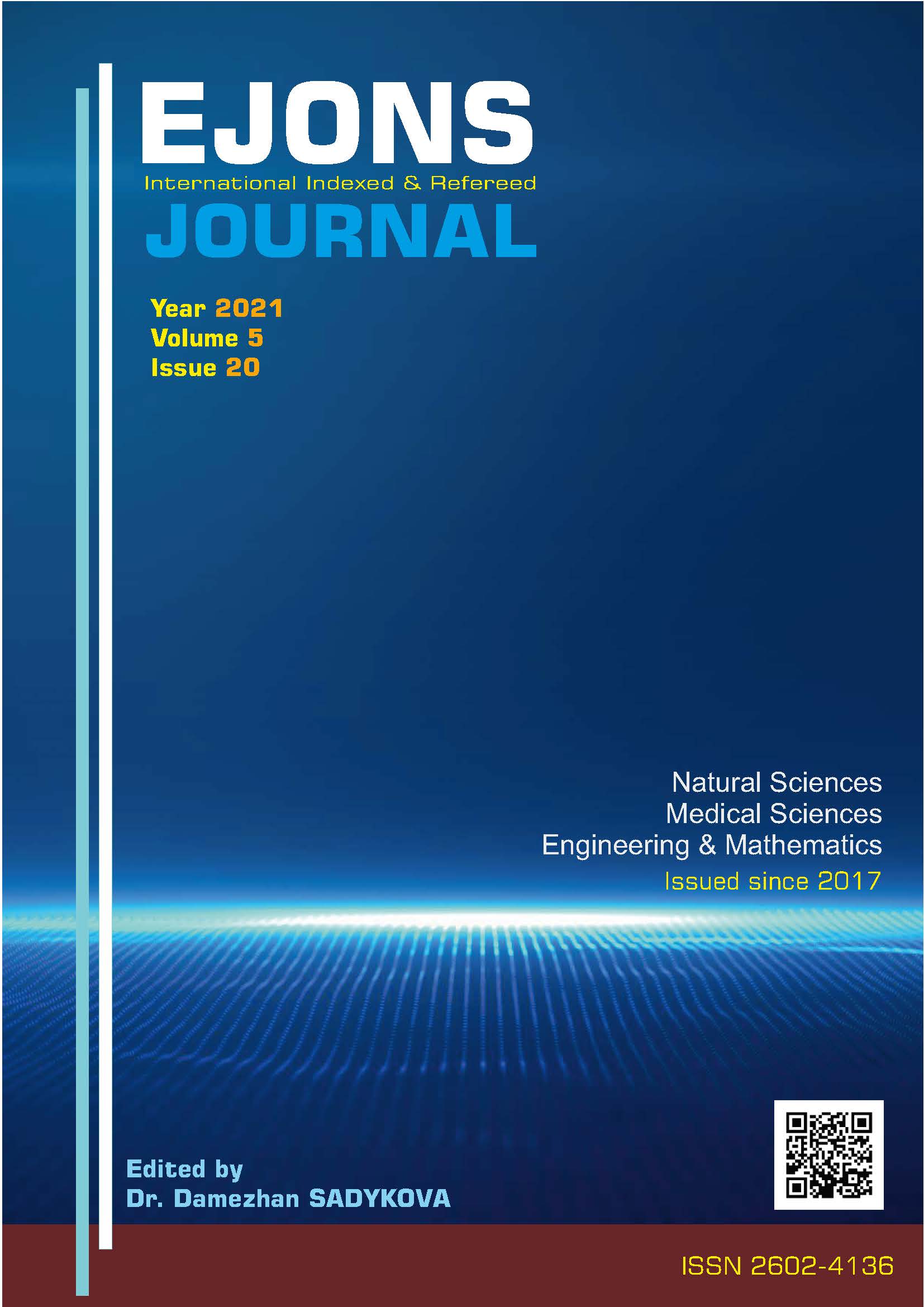THE EFFECT OF THE COVID-19 "STAY AT HOME, STAY SAFE" LOCKDOWN ON REGULAR EXERCISE HABITS IN ADULTS
DOI:
https://doi.org/10.38063/ejons.478Keywords:
COVID-19 pandemic, regular exercise, sedentary behaviourAbstract
Purpose: The aim of this study was to examine changes in regular exercise habits of adults during COVID-19 lockdown compared to the period before the lockdown in Turkey. Methods: Online questionnaire regarding change of regular exercise habits prior to and during COVID-19 lockdown was prepared using Google forms and was distributed to the public audience between the dates 30 March and 22 May 2020 via social media channels such as Facebook and Instagram. Final evaluation was done on the completed surveys of 889 participants who ended up agreeing to participate in the study while also meeting the inclusion criteria. Results: In our study, the early period of lockdown was evaluated and it was found that 63.55% of participants regularly exercised at home during the lockdown. 76.66% of the participants who exercised regularly at the open areas or at the gym before the lockdown stated that they continued to exercise at home during the COVID-19 lockdown as well. It was found that 49.05% of the participants who did not have a regular exercise habit before the lockdown did start exercising at home at least once a week during the lockdown. Among all the participants, those who had the highest fear of weight gain were in this group. 55.04% of participants of these two groups stated that exercise reduced their anxiety levels. Conclusion: Regular exercise can protect physical and mental health from the side effects of inactivity. For this purpose, studies are needed to increase the awareness of exercise in the society.
Downloads
Published
How to Cite
Issue
Section
License

This work is licensed under a Creative Commons Attribution-NonCommercial 4.0 International License.


